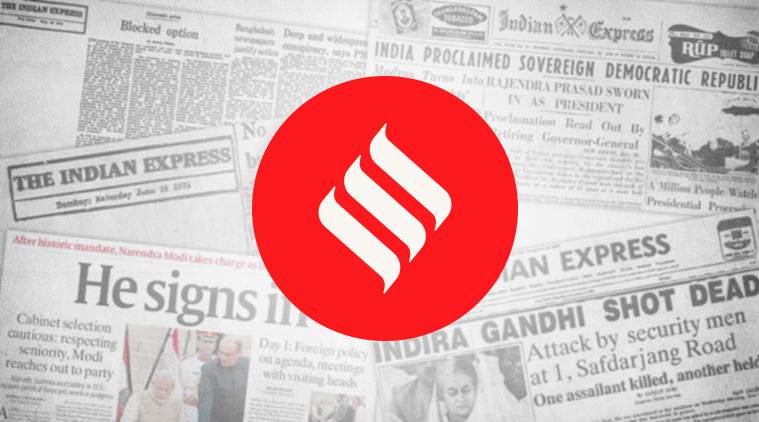 Kerala was amongst the first states in the country to conduct antibody tests – it did not wait for the ICMR’s nod.
Kerala was amongst the first states in the country to conduct antibody tests – it did not wait for the ICMR’s nod.
It’s now well-known that testing is the best weapon in the fight against the novel coronavirus. Beyond diagnosing individual cases, testing informs public health authorities about how much the infection has spread, helps identify hotspots and aids the framing of containment strategies. That’s why the Delhi government’s decision to scale up testing in the capital is long-overdue. The Arvind Kejriwal government plans to test at least 1,000 people every day — more than double the number it tests currently. These tests could address fears of community transmission that have arisen after the Union Ministry of Health and Family Welfare identified two areas in the city — Nizamuddin and Dilshad Garden — as hotspots.
The Delhi government also plans to conduct 1,00,000 random antibody tests in the city’s hotspots. Given belated approval by the Indian Council of Medical Research (ICMR) — more than 10 days after the lockdown — these tests are now globally recognised as necessary complements to the conventional swab tests. They help identify people who may have had the disease but were never tested. Tracking down antibodies created by the immune system to fight the coronavirus is a relatively inexpensive procedure and does not require sophisticated laboratories. The tests will help answer important questions: Have a large number of COVID-19 cases gone undetected? Are those who had mild COVID-19 cases immune to new infections? Figuring out how much of the population has fought off the virus and whether they have developed immunity will be critical in establishing an accurate picture of the pandemic. When conducted in hotspots such as Nizamuddin and Dilshad Garden, the antibody tests could yield information that will be crucial to decisions about lifting the lockdown.
Kerala was amongst the first states in the country to conduct antibody tests – it did not wait for the ICMR’s nod. As it steps up its fight against the coronavirus, the Delhi government would do well to learn from Kerala’s experience. The state did rely on surveillance measures — much like the Delhi government plans to. At the same time, however, Kerala also roped in civil society, religious leaders and media. The state’s experience shows that drawing on social capital is crucial to fighting a pandemic. That’s a lesson for Delhi, and other Indian states.